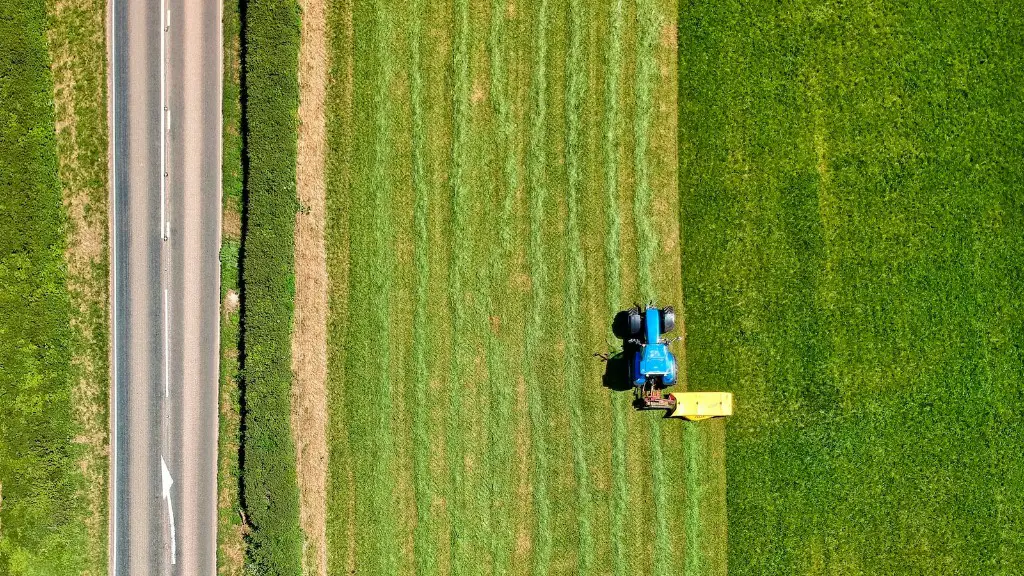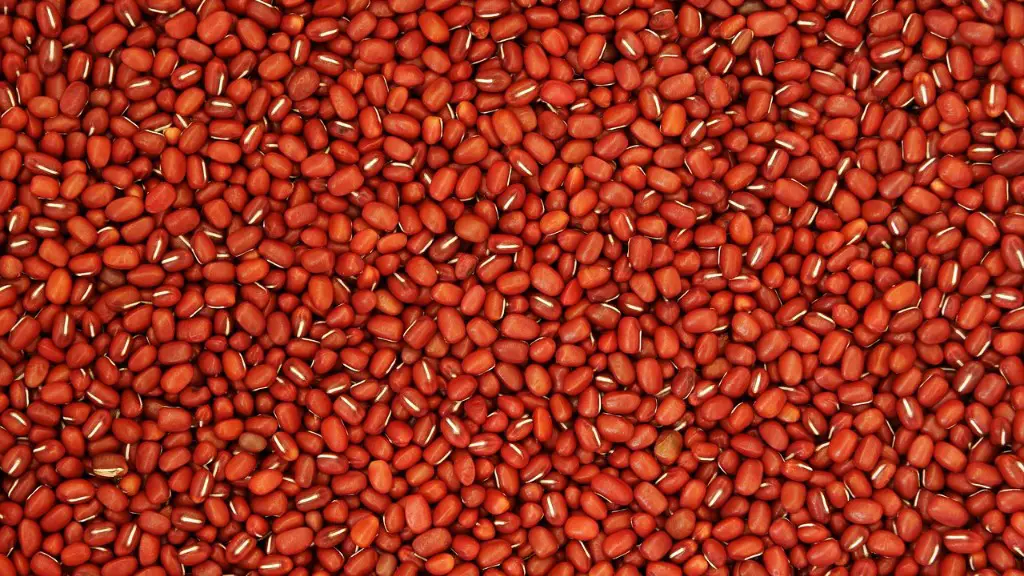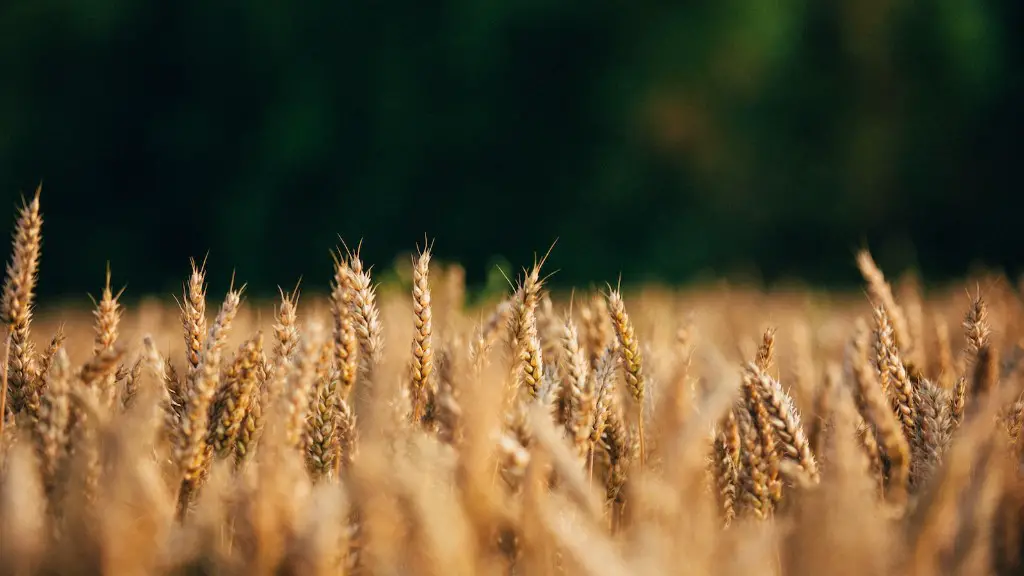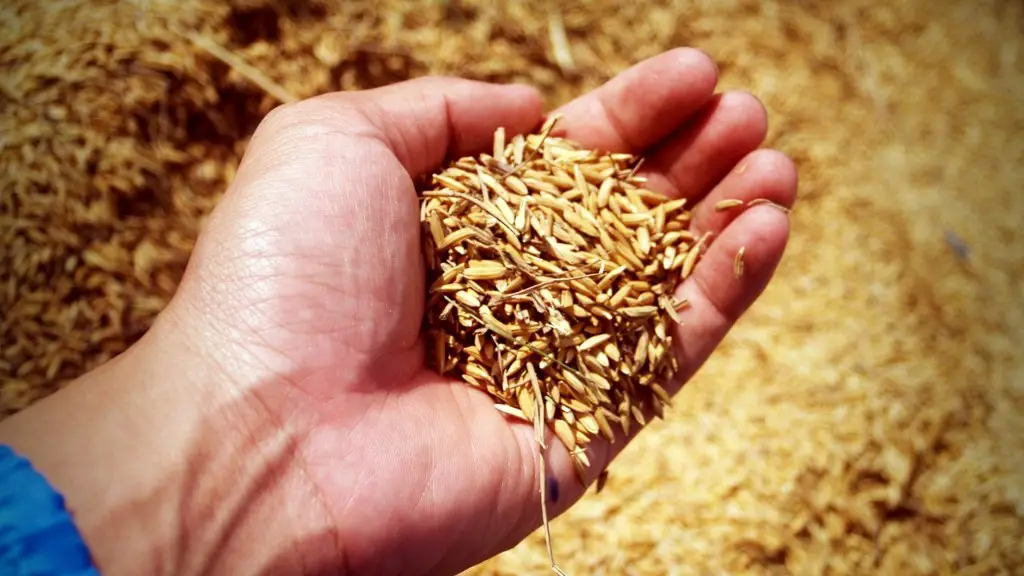Agriculture is a major contributor to the global economy, accounting for as much as 32% of GDP, especially in developing countries. Approximately 40% of the world’s workforce is employed within agriculture, which contributes to poverty alleviation. Agriculture also significantly impacts the global environment through soil erosion, land clearing and water pollution, while at the same time improving soil fertility, providing a natural source of food insecurity and biodiversity. In the developed world, agriculture contributes to a range of industries, such as the food, beverage, and meat products industries, and is a major source of employment for both small and large-scale farmers. Furthermore, it contributes to economic growth through both food production and job creation, and is directly responsible for the livelihoods of many people in rural areas. In addition, agricultural exports are one of the cornerstones of any nation’s economy, as they form a major source of income in terms of foreign exchange earnings.
Agricultural production plays a major role in global economies, and this is seen through the positive impacts it has on human and economic development. Agricultural production has a variety of positive impacts, including increased food security, increased levels of employment, and improved national economies. In addition to providing food and other essential commodities, agricultural production contributes to job creation, improved poverty alleviation and greater economic diversification, with positive effects on the global economy.
Agricultural production is also a major source of income for small and large-scale farmers. It is estimated that small-scale farmers contribute as much as 40% of the revenues generated by agricultural production. These farmers are mostly engaged in subsistence production, meaning that they produce for their own needs and not for sale. However, even their produce can be sold in the local market, allowing them to generate an income.
Additionally, agriculturally-related technologies and innovations can lead to dramatic economic growth in an economy. Developed production techniques, improved harvests and advanced methods of planting and harvesting can create a higher level of productivity and lead to an increase in the prices of agricultural products in both domestic as well as export markets. This can lead to increased economic prosperity for both farmers and their local communities.
Finally, the production of agricultural products is heavily reliant on the availability of inputs, such as land, labour, capital and technology. When these inputs are well-managed, it can lead to positive impacts that can result in improved economic opportunities and higher wages. Moreover, investments in agricultural production, such as irrigation and fertilizers, can help to improve production yields. Such improvements can lead to an increase in the demand for agricultural products, which in turn can lead to an influx of foreign exchange earnings for a country.
Economic Development and Agriculture
Agriculture has a strong link with economic development. Investments in agricultural production can lead to greater economic diversification, increased levels of employment and poverty reduction. Increases in agricultural productivity are often associated with positive economic growth, as more of the available resources are directed towards producing food and other agricultural commodities. Additionally, the returns from agricultural products are often much higher than that of other industrial products, which makes agriculture an attractive investment sector. Furthermore, agricultural production can lead to the development of additional industries, such as the processing and packaging industry, that contribute to the overall economic well-being of a country.
In addition to this, the availability of trained labour for agricultural production can help to reduce the overall unemployment rate of an economy. Training in specialized skills, such as the use of modern agricultural tools, can help to increase employment opportunities and also help to improve the efficiency of agricultural production. Furthermore, regular training events can help to boost the agricultural sector’s capacity for innovation, which can lead to further economic gains.
The agricultural sector is also closely linked to environmental protection, as it often requires agricultural land to produce food and other agricultural products. Sustainable agricultural practices can help to reduce environmental degradation and pollution. Such practices can also help to optimize the use of organic fertilizers and pesticides, which can help to prevent soil erosion and preserve soil fertility. In addition, sustainable agricultural practices can also reduce water contamination, air pollution and the release of greenhouse gases.
Boosting Agricultural Production
There are a range of measures that governments and other organizations can implement in order to boost the agricultural sector. These range from providing financial and technical assistance to farmers and their communities, to improving transportation and storage infrastructure to facilitate the efficient distribution of agricultural products. Such measures can help to create a conducive environment for agricultural production, which can in turn lead to improved economic opportunities in both rural and urban areas.
One measure that has been gaining popularity in recent years is the establishment of agricultural cooperatives. Cooperatives are business entities that are owned and managed by their members, and can be used to enable the collective production, distribution and sale of goods and services. Cooperatives can help to reduce the cost of production, enable economies of scale and provide technical or managerial training, which can help to boost agricultural productivity. Furthermore, cooperatives can also help to improve access to credit, improve access to markets and increase the integration of smallholders into the global economy.
In addition, governments can also provide training and other forms of support to small and large-scale farmers by creating and implementing extension services, which provide agricultural advice, training and finance to farmers. Such services can be instrumental in driving agricultural production and productivity, particularly in developing countries such as those in Africa and Asia.
Finally, agricultural technology and innovation can be used to drive yields. The introduction of more efficient techniques, such as precision agriculture and alternative farming techniques, can help to reduce input costs and improve yields, while also reducing the environmental impacts of agricultural production.
Agricultural Exports and International Trade
Agricultural exports are one of the cornerstones of any nation’s economy, as they form a major source of income in terms of foreign exchange earnings. Agricultural exports not only contribute to economic growth, but also directly contribute to job creation. The export of agricultural products creates stable and long-term employment, which can help to reduce poverty and increase incomes for both farmers and the local economy.
In the international market, agricultural exports are subject to the rules and regulations of the World Trade Organization (WTO), which sets the rules for global trade. One of the main provisions of the WTO is the establishment of tariffs and trade-related regulations that allow countries to regulate the entry of agricultural products into their markets. These regulations help to ensure that agricultural exports remain competitive in the global market, while also helping to protect domestic producers from unfair competition.
Another way to boost agricultural exports is through export promotion schemes and programmes. Such schemes help to provide access to overseas markets, offer technical assistance, provide marketing and promotional campaigns, and grant funding for the development of specialized agricultural technologies.
In addition, governments can also provide assistance to local farmers by introducing subsidies and other forms of assistance. These subsidies can help to reduce production costs and increase the competitiveness of agricultural exports in international markets. Furthermore, such assistance can also help to reduce poverty as it can help to increase employment opportunities and provide higher wages for farmworkers.
Challenges Facing Agriculture
Agricultural production is heavily dependent on the availability of natural resources, such as water, soil, land, and labour. If these resources are not managed properly, it can lead to decreased agricultural productivity and economic losses. Additionally, climate change can also impact agricultural production due to the increased frequency and severity of extreme weather events. These events can lead to the destruction of agricultural infrastructure, reduced crop yields and increased production costs.
Furthermore, the lack of access to credit and financial services can also represent a major challenge for farmers and their communities, as it limits the ability to invest in agricultural production. Additionally, it can place smallholders at a disadvantage in comparison to larger-scale farmers, who usually have access to more financial resources. This has implications for economic diversification, as smallholders may not have the necessary resources to take advantage of opportunities in the global markets.
In addition, the lack of processing and storage infrastructure can also limit the competitiveness of agricultural products in the international market. Without adequate storage and processing facilities, agricultural products can be subject to losses in quality and quantity, which can make them uncompetitive in the global market. Additionally, the lack of processing facilities can also reduce the shelf life of agricultural products, leading to price instability.
Finally, the lack of agricultural extension services can also pose a challenge, as it limits the ability of farmers to access the latest technologies and innovations. Furthermore, a lack of technical skills and the lack of access to capital can also prevent farmers from investing in agricultural production, which can limit economic growth. In addition, a lack of market infrastructure, such as roads and bridges, can also limit access to markets, which can make it difficult for farmers to profit from their production.




